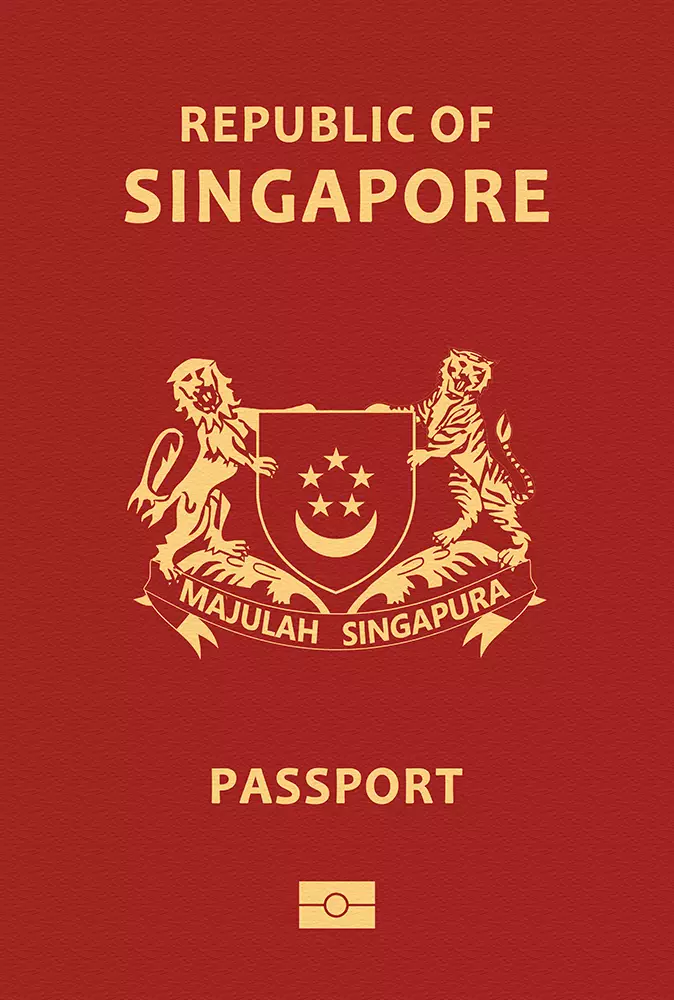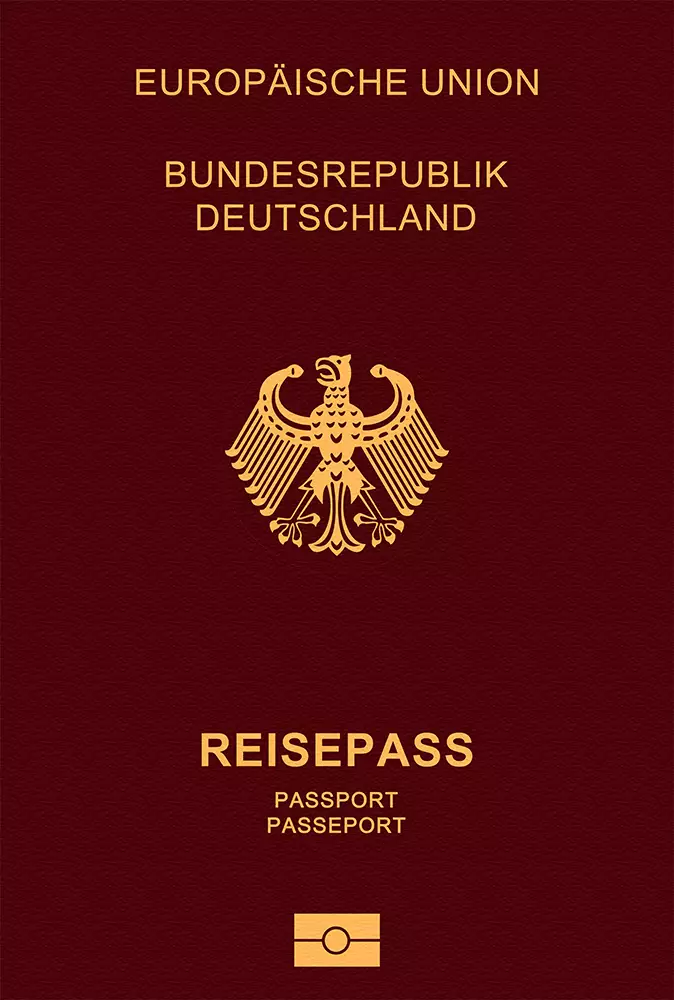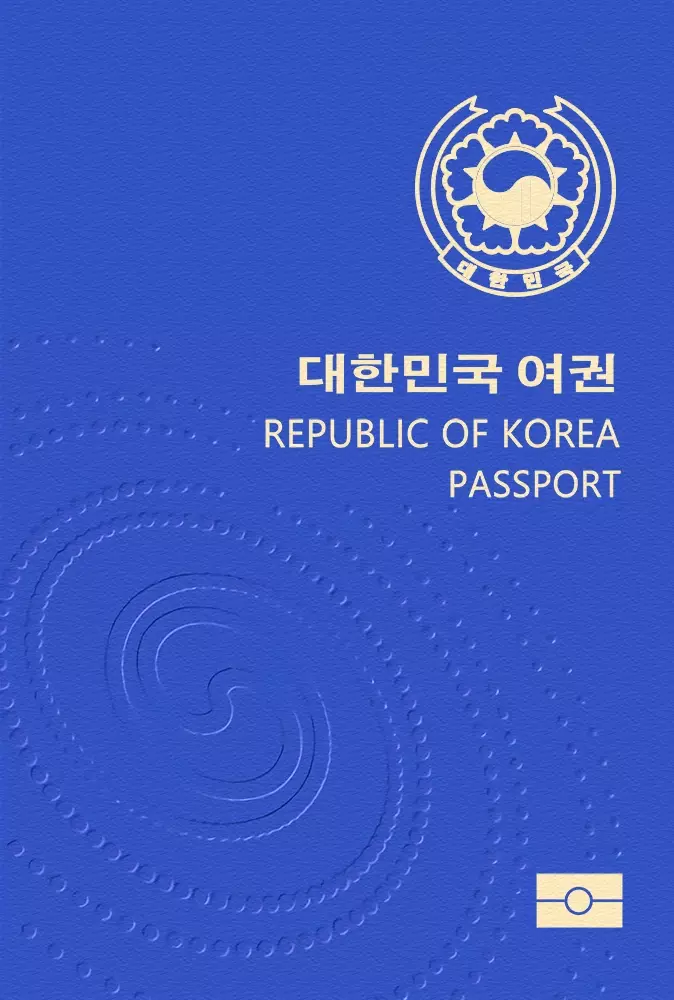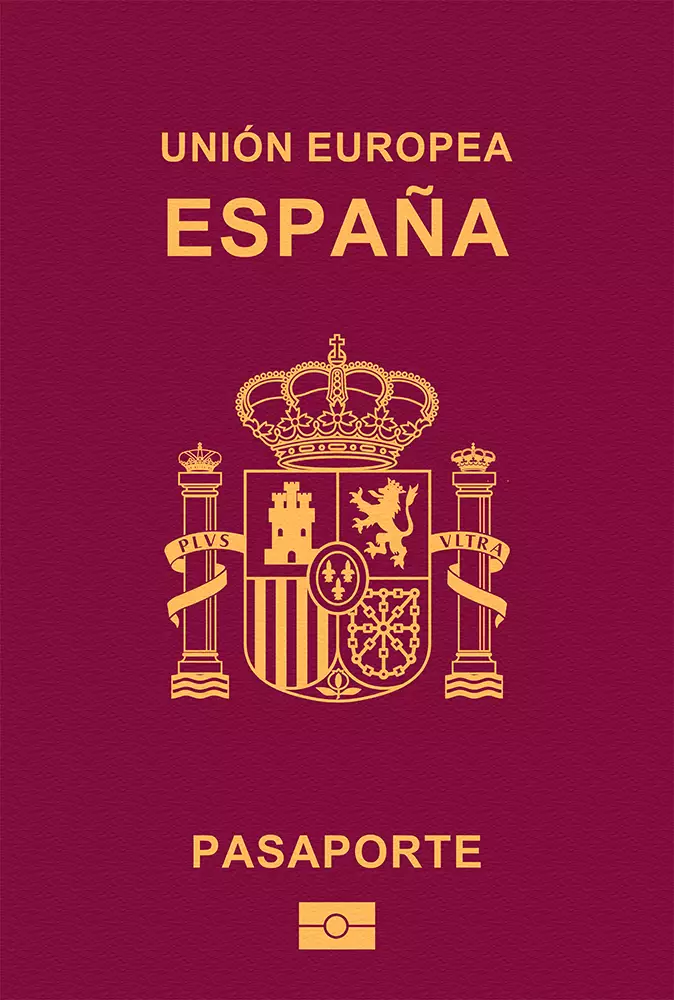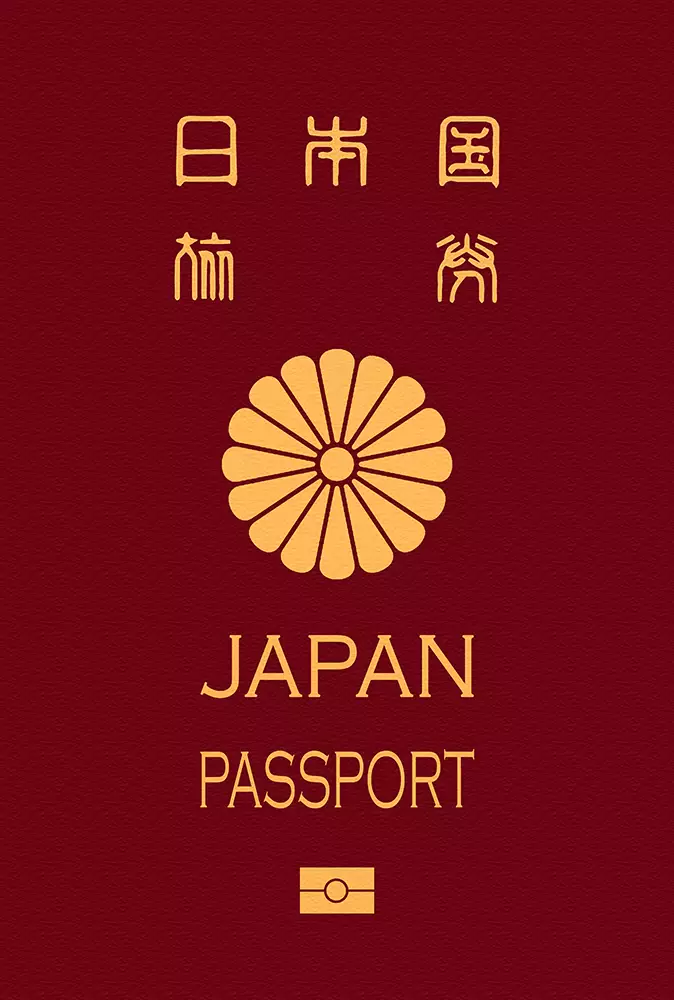The Hashemite Kingdom of Jordan is divided into twelve governorates. It lies in the Middle East, borders Saudi Arabia, Iraq, Syria, and Israel. The main governorates are Amman, Irbid, and Zarqa. The country's entire surface area is 89,342 square kilometers. The landscape is dominated by arid plateaus with valleys and mountains. The climate is generally desert, with a rainy season in the west of the country from November to April. The total population is more than 10.6 million, making it the Middle East's eighth most populous country.. Amman is the country's capital and most populous city.Zarqa and Irbid are the other two major cities. Queen Alia International Airport (AMM) is the largest airport, with a projected annual passenger flow of 8.9 million. The airport is named for former Queen Alia Al Hussein. It also serves as the headquarters of Jordan's national airline, Royal Air Jordan. The former Bedouin lifestyle and Islam dominate Jordanian culture. Muslims account for 97% of the overall population. Arabic is the official language. The legal system combines Ottoman, French, and Islamic Sharia law. The government system is a parliamentary constitutional monarchy. The current head of state is King Abdallah II, and the government is led by Prime Minister Bisher Al Khasawneh. All provinces have regional governors who report to the Minister of Interior. The national currency is the Jordanian Dinar (JOD). Its current exchange rate is roughly 0.7 Jordanian Dinar to the USD. The country has an open economy, with a GDP of approximately $93 billion, one of the smallest in the Middle East. The per capita income is $9,406. The services and industrial sectors make up the majority of GDP. Tourism makes a significant contribution to the nation's GDP. Jordan's most important exports include citrus produce, tomatoes, cucumbers, clothes, and fertilizer. These products are primarily sold to neighboring Middle Eastern countries. Tourists can visit the country's numerous natural and culturally significant places. It has five UNESCO World Heritage Sites located throughout the country. The locations range from remote deserts to the ancient city of Petra.Some of the most popular tourist destinations are Al Maghtas, Jerash, Wadi Rum, the Dead Sea, and Aqaba. The city also has outstanding museums and exhibitions that highlight the country's history and natural beauty.







































































































































































































































